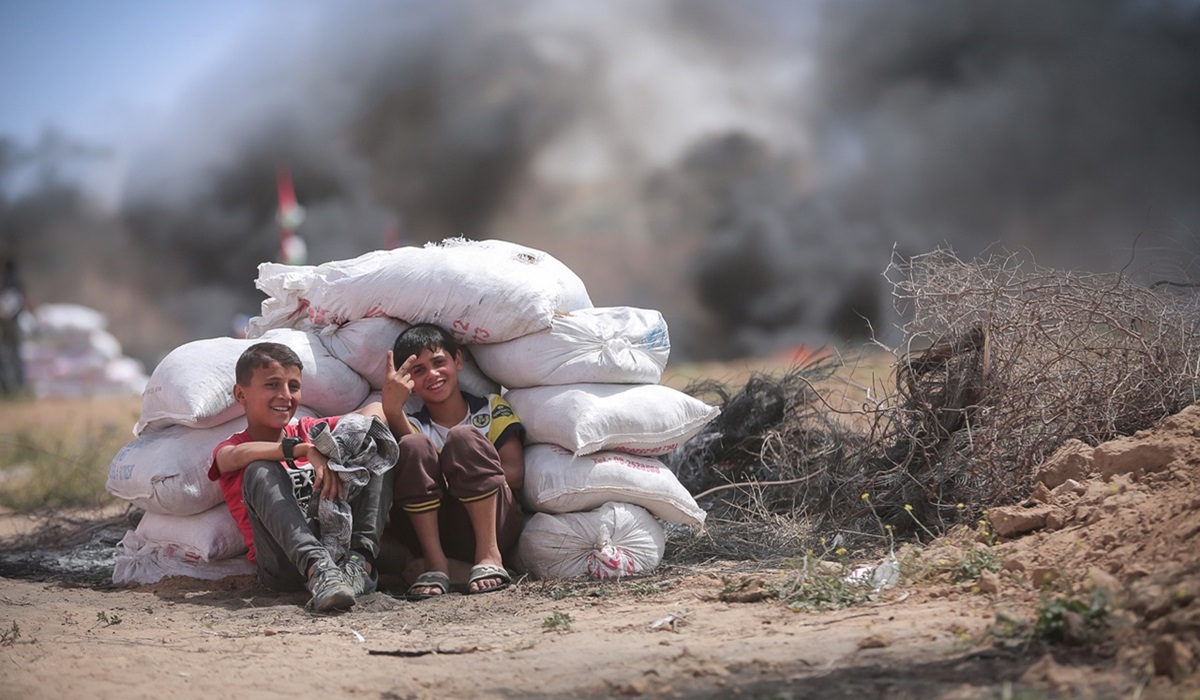Gaza’s Pause: World Leaders in Faux Disbelief as Peace Remains Elusive
- TDS News
- Trending
- December 4, 2023

The war in Gaza has left political heads of state supporting either side in disbelief that the temporary humanitarian pauses did not evolve into a full-fledged peace agreement. It is astonishing to think that these leaders, who actively advocated for and brokered these ceasefires, now find themselves astounded at the inability of these pauses to evolve into a lasting resolution. As they take to the airwaves to communicate these developments, the shocking realization unfolds that, despite their diplomatic efforts, they inadvertently perpetuate the conflict they seemingly aim to mitigate.
The Gaza crisis continues to become a focal point of contention for political posturing, with support for each side of the war. The ceasefires, positioned as temporary humanitarian respites, are now under scrutiny as they consistently fall short of evolving into the enduring peace agreements the mediators had naively envisioned.
The intricacies of Gaza reveal a perplexing dynamic wherein the global elites “inadvertently” perpetuate the fighting they seek to alleviate despite their overt advocacy for short-term pauses and humanitarian efforts. The disconnect between their diplomatic rhetoric and the tangible outcomes of their support becomes increasingly evident as the suffering prolongs. This incongruity raises critical questions about the authenticity of their intentions and the effectiveness of their strategies in resolving the crisis.
As the power brokers grapple with the failure of humanitarian pauses to transition into enduring peace agreements, a fundamental questioning of their commitment to resolving the crisis becomes imperative. The discernible contradiction between their professed intentions and the persistent impact of their support invites a deeper examination of the motivations underpinning their involvement.
The inability of outside administrations to implement any humanitarian pause into sustainable peace underscores the intricate complexity of their roles. Ceasefires falter, prompting the global community to scrutinize the commitment of these leaders to achieving genuine and lasting peace in the region. The unfolding scenario prompts reflection on the challenges and responsibilities of navigating the delicate balance between political posturing and the tangible pursuit of peace in the face of protracted conflicts.








